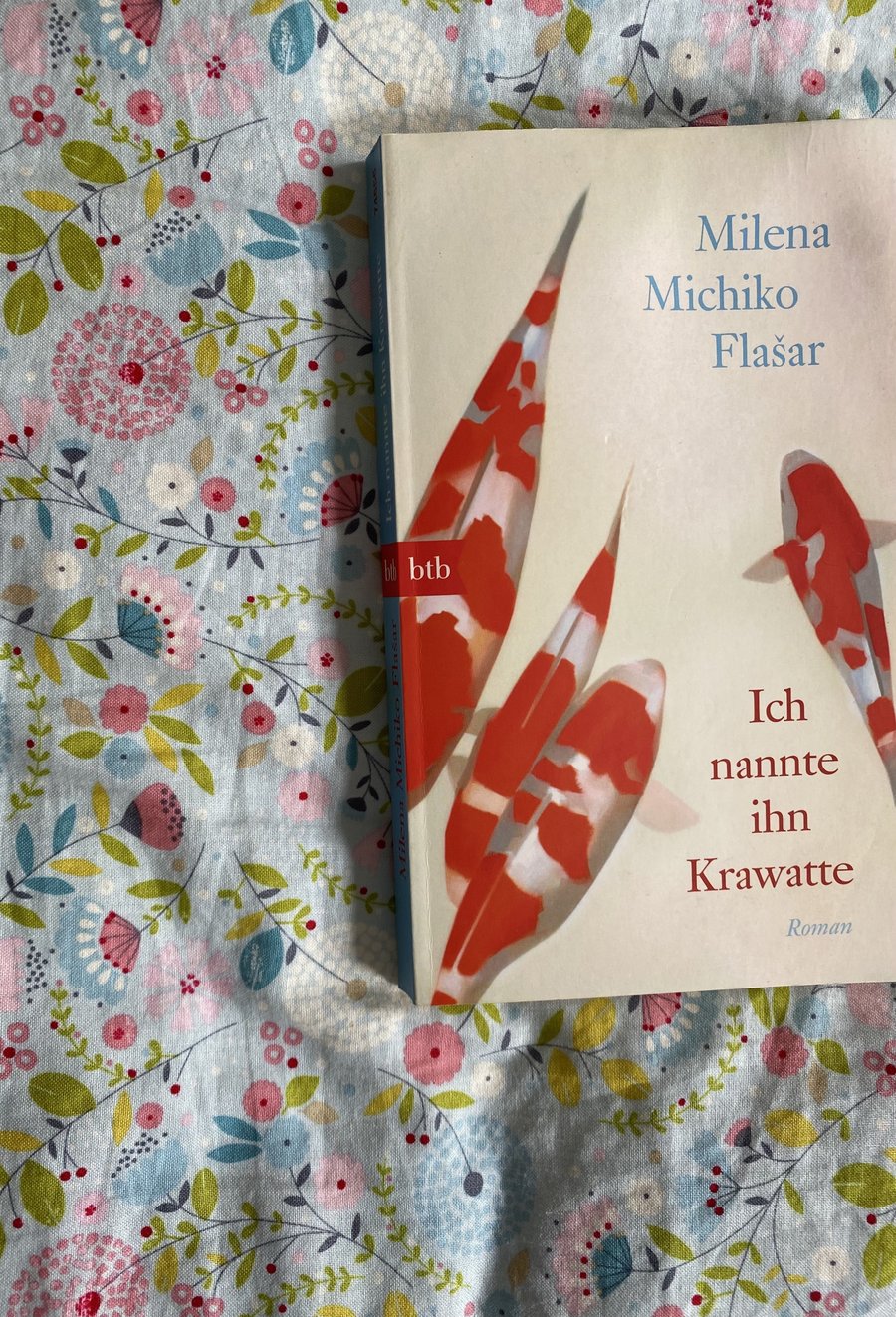Milena Michiko Flašar’s ‘Ich nannte ihn Krawatte’ is a short but shimmering story of a little life and the twitches of fate that have shaped it. The reader follows a young ‘Hikikomori’ — an individual who has chosen to remove himself from society — as he begins a tentative friendship with an older man he meets on a local park bench.
Both men, struggling with the weight of their own lives, gradually entrust each other their shared losses, anxieties, memories and fears in a series of glimpse-like conversations, which embed the reader in a rich net of emotional complexity. As the threads of their stories overlap and intertwine, and the reader becomes increasingly lost in their intricacies, their voices melt together until they seemingly become one. Yet Flašar acknowledges that both men remain very different from each other in character. Both, she suggests, are simply caught between the interior life of the individual and the exterior life of the world.
Only with writing as delicate as Flašar’s could such an intimate, fragile story be formed. Her lenient poeticism takes slips of emotions and shapes them into feelings, which she expresses in startling, sensory images. She writes of voices made of ‘gläserne Durchsichtigkeit’, foreheads as blank rooms, and babies as heavy as a breeze. She twists sadness together with love, desperation, joy and despair, and imbues each observation of the everyday world with a sense of quiet wonder.
But it is the way her writing radiates empathy that makes this story such a startling debut. Flašar is kind to her characters. She presents their flaws to the reader in a way that encourages our acceptance of them, and demonstrates the anxieties of the ‘Hikikomori’ as not unlike those of the average person: fear of a constantly changing world, and a subsequent desire for stasis, as a kind of security. The gentleness of her prose is its superpower. It gives an unflinching voice to the ghosts of society the majority attempt to mask — the elderly, the infirm — while also demonstrating that all of us, at some point in our lives, will exist on society’s outskirts.
Though somewhat cyclical and often melancholic, Flašar’s story is neither repetitive nor tedious. Its contemplative tone is sharpened by such precise, sparkling prose that the reading experience is joyful, as well as meditative. By the end, I found myself with a page of scribbled quotations I felt were too beautiful to leave behind. In fact, the understated, quiet beauty of ‘Ich nannte ihn Krawatte’ leaves the reader with a sense of affirmation far beyond its end. In these delicate conversations, Flašar’s protagonists establish a sense of what it means to be alive, to be content, and to exist as a sum of the stories we tell, suggesting that ‘indem man da ist und atmet, begegnet man der ganzen Welt’.
Review by Kitty Blain
This review was written for the ACF London's EXPLORE OUR LIBRARY initiative.

